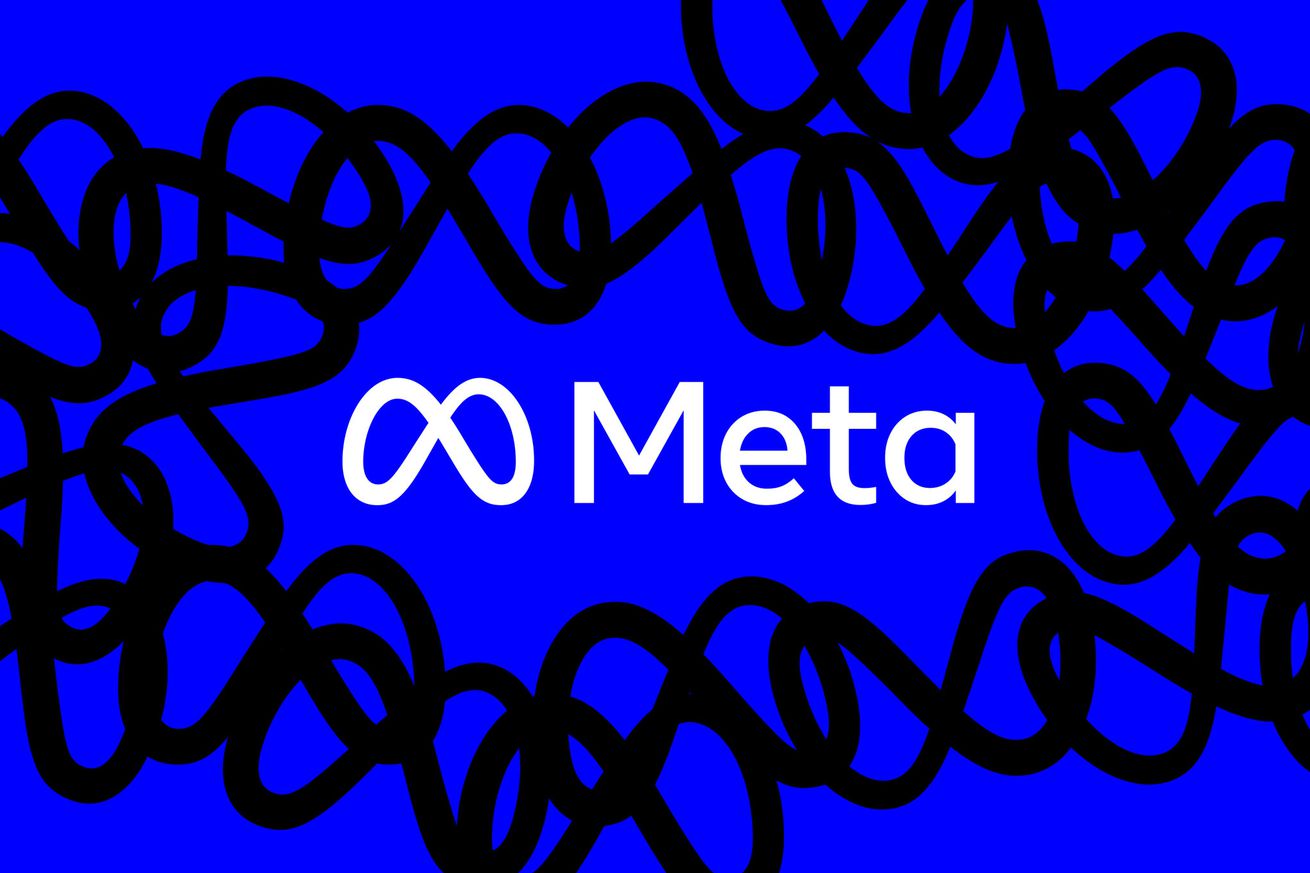
Meta will test blocking news for some Canadians ahead of new law
Meta will test blocking news content for some users in Canada in response to the country’s Online News Act, the company has announced. The test is expected to impact between one and five percent of the company’s users across Facebook and Instagram, according to ABC News, with affected users being unable to see or share news content on the platforms. Both Canadian and international news outlets will be impacted.
The tests come ahead of a permanent block if the Online News Act passes. The legislation, also known as Bill C-18, is designed to force platforms like Meta and Google to negotiate with Canadian news publishers to pay them for content, but Meta has said it would rather block news content in the country entirely rather than be compelled to pay for it.
“We’ve taken the difficult decision that if this flawed legislation is passed, we will have to end the availability of news content on Facebook and Instagram in Canada,” Meta’s president of global affairs Nick Clegg said in a statement last month. Google, another platform likely to be impacted by the legislation, announced similar news blocking tests in February, and has said it may remove links to news articles in Canadian search results if the bill passes, Reuters previously reported.
“When a big tech company… tells us, ‘If you don’t do this or that, then I’m pulling the plug’ – that’s a threat”
Canadian Heritage Minister Pablo Rodriguez told Reuters that Meta’s tests were unacceptable. “When a big tech company… tells us, ‘If you don’t do this or that, then I’m pulling the plug’ — that’s a threat. I’ve never done anything because I was afraid of a threat,” Rodriguez said.
“All we’re asking Facebook to do is negotiate fair deals with news outlets when they profit from their work,” Rodriguez said in comments reported by Reuters in March. “This is part of a disappointing trend this week that tech giants would rather pull news than pay their fair share.”
Meta’s tests come a little over two years after it blocked news content entirely in Australia in response to a similar piece of legislation. But the block was criticized for its chaotic implementation, with an overly broad approach that impacted some government organizations and nonprofits, and which whistleblowers later claimed was effectively a heavy-handed negotiating tactic. Meta later reversed the block after the legislation was amended. The law went on to pass later that month.
The company previously knows as Facebook has publicly claimed that its approach in Canada will be different from the one it took in Australia, CBC News previously reported. “It’s absolutely our intention to not make the same errors in Canada that we made in Australia,” Rachel Curran, head of public policy for Meta Canada, told Canada’s House of Commons heritage committee last month.
“Some of the things that were mistakenly scoped in Australia, we’re working very hard to make sure we do not do that this time,” Curran said, noting that Meta is working to exempt pages from government bodies, emergency services, and community organizations from any potential block.

